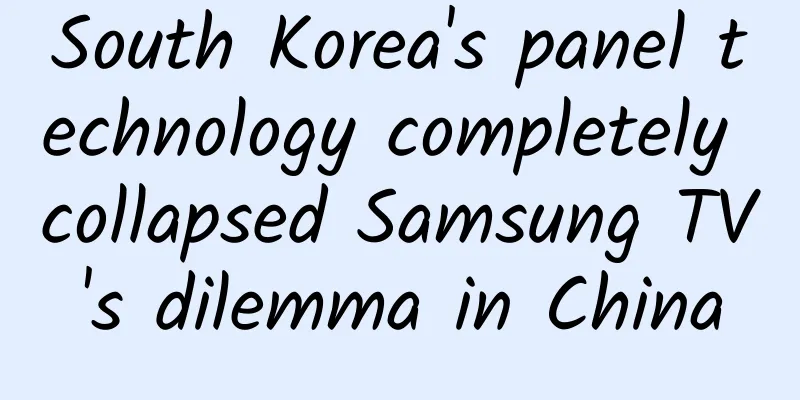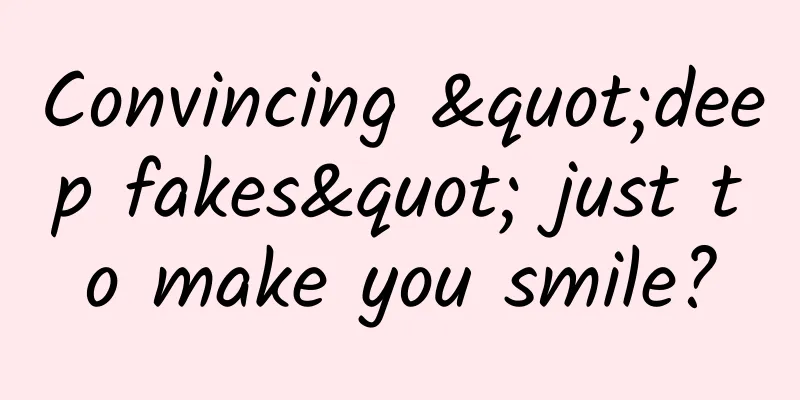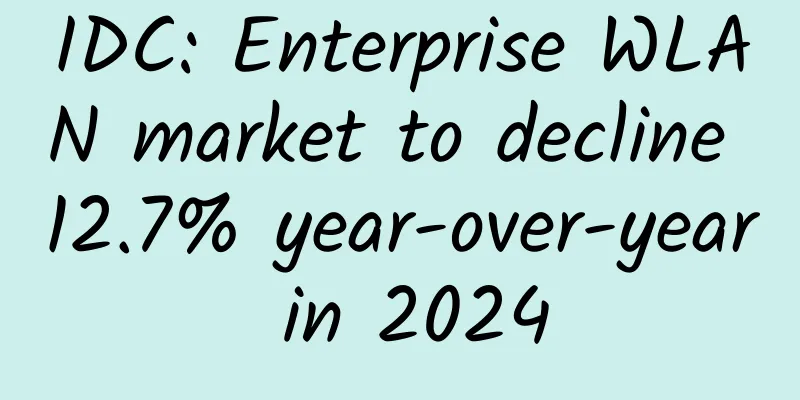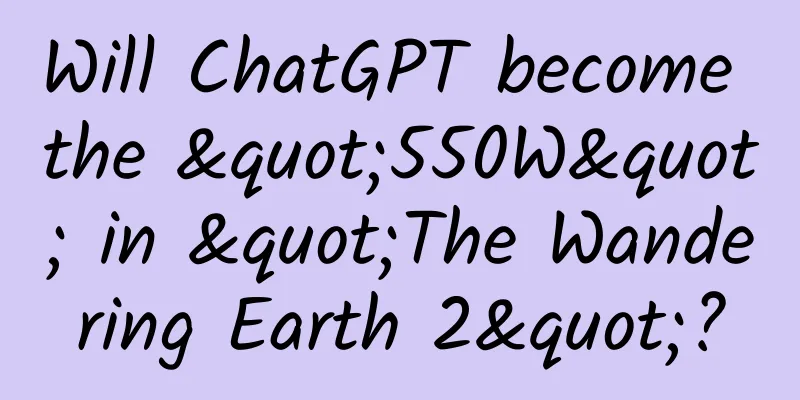More than 500 experts participate in the App Store review process; less than 1% of rejected developers file an appeal
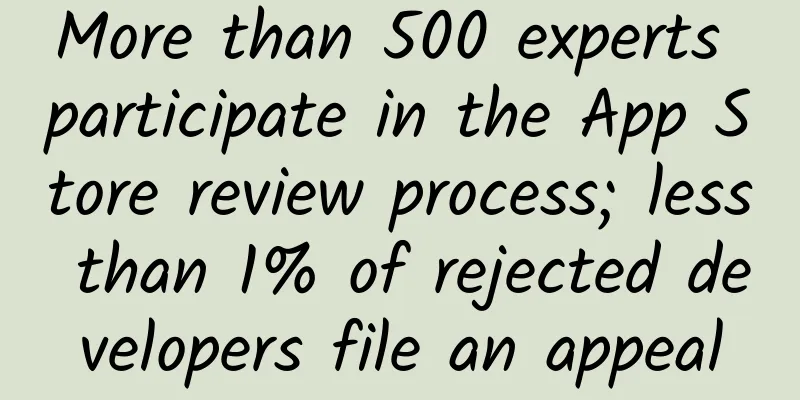
|
As the Epic Games vs. Apple court case progresses, we’ve learned more details about the internal discussions between the companies about business models, etc. More information about the App Store review process has been revealed with the testimony of Trystan Kosmynka, one of the heads of the App Store. In a new filing for the trial, Kosmynka detailed that about 5 million apps are submitted to the App Store each year, and the app rejection rate is less than 40%. In 2019, 4,808,685 apps were submitted to the App Store review process, of which 36% - or 1,747,278 - were rejected. According to Kosmynka, of these rejected apps, about 215,000 violated Apple's privacy guidelines in some way. Every app submitted to the App Store first goes through static and dynamic analysis to detect whether the app violates any App Store rules or uses private APIs. There is also a step in the process to check whether the app is similar to another app in the App Store to avoid scams or knockoffs. Then there is the manual review process, where more than 500 people work to review about 100,000 apps per week. As shown in the figure below, they can use multiple Apple devices to test these apps. If an app is rejected, Apple will notify the developer, stating the reason why the app was not approved for the App Store. The developer can resubmit the app after fixing the errors pointed out by Apple, or contact the company to appeal the rejection decision. However, Kosmynka said that less than 1% of developers appeal the rejection of their applications. Apple has been widely criticized for the way it handles third-party apps on iOS, as the company has been accused of using its power in the App Store to its own advantage and hurt potential competitors. While Apple says it is focused on privacy and security, one of Epic's arguments is that the company fails to review every app submitted to the store because deceptive apps are out there. Emails released during testimony by App Store VP Matt Fischer show that Apple provided special API access to some major developers and companies, including Hulu. Meanwhile, it will be difficult for Epic to prove in court that the App Store's in-app purchase system is an abuse of monopoly power, as a recent analysis of the case outlined. |
Recommend
A sober reflection on the "ecological" effect behind the crazy "LeTV 919"
In addition to "Double Eleven" and &quo...
"91 Ten Articles" - A daily must-read briefing for the new energy vehicle industry (210311)
1. Wuling Motors officially announced that actors...
360 Mobile F4 Hands-on Review: Redmi Killer satisfies all your fantasies about entry-level phones
Although most people will think of Xiaomi or Redm...
Tencent QQ expansion officially launched, netizens joked: I feel 10 years younger
Earlier in March, Tencent QQ launched a test of t...
Using pig blood for preservation and minerals for coloring? What are the scientific mysteries of the ancient buildings on the central axis?
On July 27, 2024, "Beijing Central Axis - a ...
Activity review: fission poster activity promotion strategy
Without further ado, let’s get straight to the po...
Rare! New discovery in Hoh Xil
Hoh Xil, located on the Qinghai-Tibet Plateau, is...
Chinese scientists accurately measured the Milky Way's "weight"
The latest "weight" of the Milky Way is...
What is the significance and value of enterprise bidding hosting?
Nowadays, many companies do not have a profession...
How to accurately drive traffic through Baidu Tieba!
When I open Zhihu, I can see at a glance where my...
Why does eating pineapple make your mouth prick? It turns out it really has needles!
Review expert: Shi Jun, PhD in Botany, well-known...
Kuaishou information flow advertising delivery process
On Kuaishou, users can use photos and short video...
Youdao Children's Dictionary Pen K3 Review: A super learning partner that can be used from kindergarten to elementary school
For language learning, starting from around 3 yea...
Drinking milk like this is equivalent to "wasting it", which one does it apply to you?
This article was reviewed by Pa Li Ze, chief phys...
The Shenzhou XII astronauts returned triumphantly. What effects will the three-month space environment have on the human body?
On the afternoon of September 17, the three astro...
